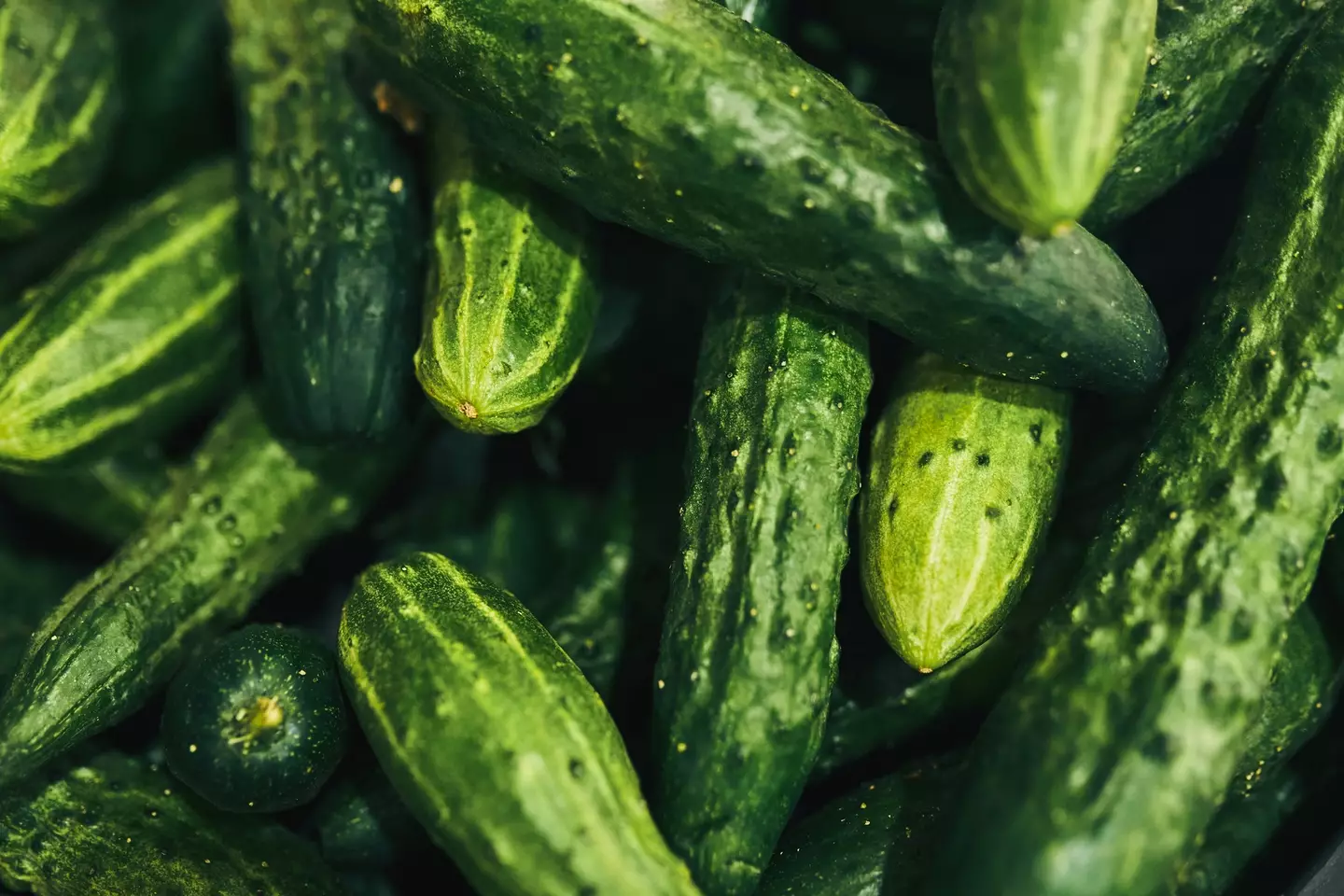
TikTok's Role in Iceland's Cucumber Shortage
In the digital age, social media platforms have become influential forces capable of altering consumer behavior and market dynamics in ways previously unimaginable. One of the latest examples of this phenomenon is the unexpected cucumber shortage in Iceland, attributed to a viral TikTok trend. This incident not only highlights the power of social media but also serves as a cautionary tale about the unforeseen consequences of viral digital fads.
A Bizarre Trend Takes Root
The cucumber shortage in Iceland began when a TikTok trend involving the vegetable gained massive popularity. The trend encouraged users to create videos showcasing their unique and creative ways of incorporating cucumbers into their daily routines, whether through culinary experiments or as part of beauty regimens. The hashtag associated with this trend rapidly amassed millions of views, sparking a nationwide craze.

The Icelandic Cucumber Crisis
As the trend picked up steam, Icelandic supermarkets experienced a dramatic surge in demand for cucumbers. The sudden spike in consumption led to empty shelves and frustrated consumers unable to get their hands on the scarce vegetable. Local farmers and suppliers were caught off guard, unprepared for the unprecedented demand.
Speaking to local media, Guðmundur Sigurðsson, a representative from Iceland's largest agricultural cooperative, explained, "We've never seen anything like this. Our production capacities are simply not equipped to handle such a sudden increase in demand."
The Power of Social Media Trends
This incident underscores the immense influence social media platforms like TikTok have on global consumption patterns. The platform's algorithm is designed to promote content based on engagement, often leading to rapid and widespread dissemination of viral trends. In this case, a seemingly innocuous series of videos led to tangible impacts on Iceland's food supply chain.

A Global Phenomenon
The Icelandic cucumber shortage is not an isolated incident. The power of viral trends to disrupt markets has been documented in numerous cases worldwide. From the "Dalgona coffee" craze that led to a temporary coffee shortage in some regions to the skyrocketing sales of certain skincare products endorsed by influencers, the pattern is clear: viral trends can have real-world economic consequences.
The Role of TikTok
TikTok's format, which prioritizes short, engaging videos, has proven particularly effective in spreading trends quickly. The platform's user base, composed largely of younger demographics, is highly engaged and eager to participate in and perpetuate viral challenges. This dynamic can lead to rapid shifts in consumer behavior, as users seek to emulate the content they see online.
Economic Implications
The economic implications of such trends are multifaceted. On the one hand, they can provide a boost to certain industries, as seen in the case of increased cucumber sales. On the other hand, they can create supply chain challenges and lead to shortages, as suppliers struggle to keep up with unexpected demand.
In Iceland, the cucumber shortage has prompted discussions about the need for more resilient supply chains and better preparedness for sudden market shifts. As Guðmundur Sigurðsson noted, "This experience has taught us the importance of staying agile and being ready to adapt to changing consumer needs."
Lessons for the Future
The Icelandic cucumber shortage serves as a reminder of the interconnected nature of our modern world. Social media platforms have the power to influence behaviors and markets across the globe, often with little warning. As such, businesses and consumers alike must remain vigilant and adaptable in the face of these rapidly evolving dynamics.
For TikTok users, the incident is a reminder of the platform's potential impact. While participating in viral trends can be fun and engaging, it's important to consider the broader implications of these actions, particularly when they involve consumable goods.

Conclusion
The cucumber shortage in Iceland, driven by a viral TikTok trend, is a fascinating case study in the power of social media to shape global consumption patterns. It highlights the need for greater awareness of the potential consequences of digital fads and underscores the importance of building resilient and adaptable supply chains.
As we continue to navigate the ever-changing landscape of social media and technology, it is crucial to remain mindful of the ways in which our online activities can impact the physical world. Whether you're a content creator, consumer, or business owner, understanding these dynamics can help you make more informed decisions in an increasingly interconnected world.
For further reading, explore this Fox News article on the cucumber shortage and other unusual news stories.